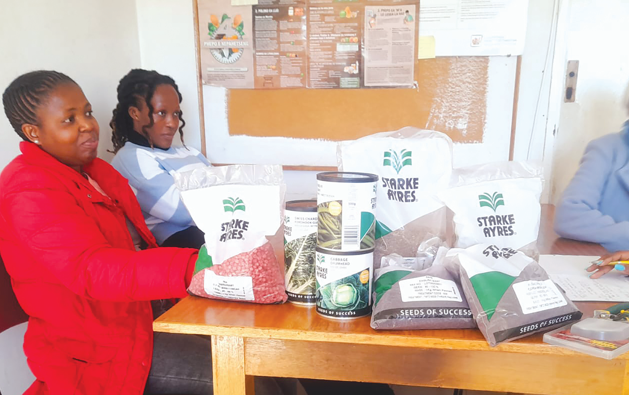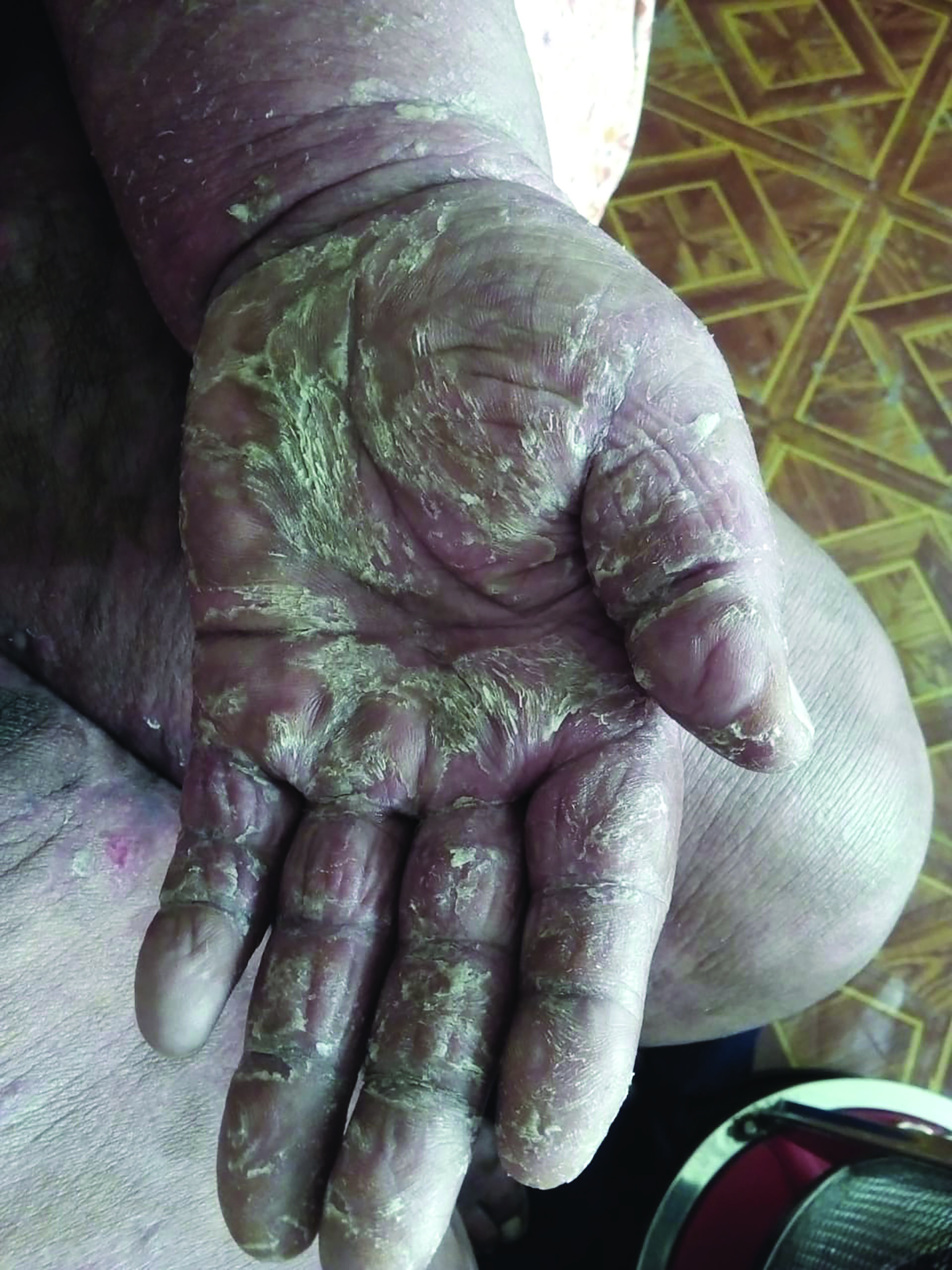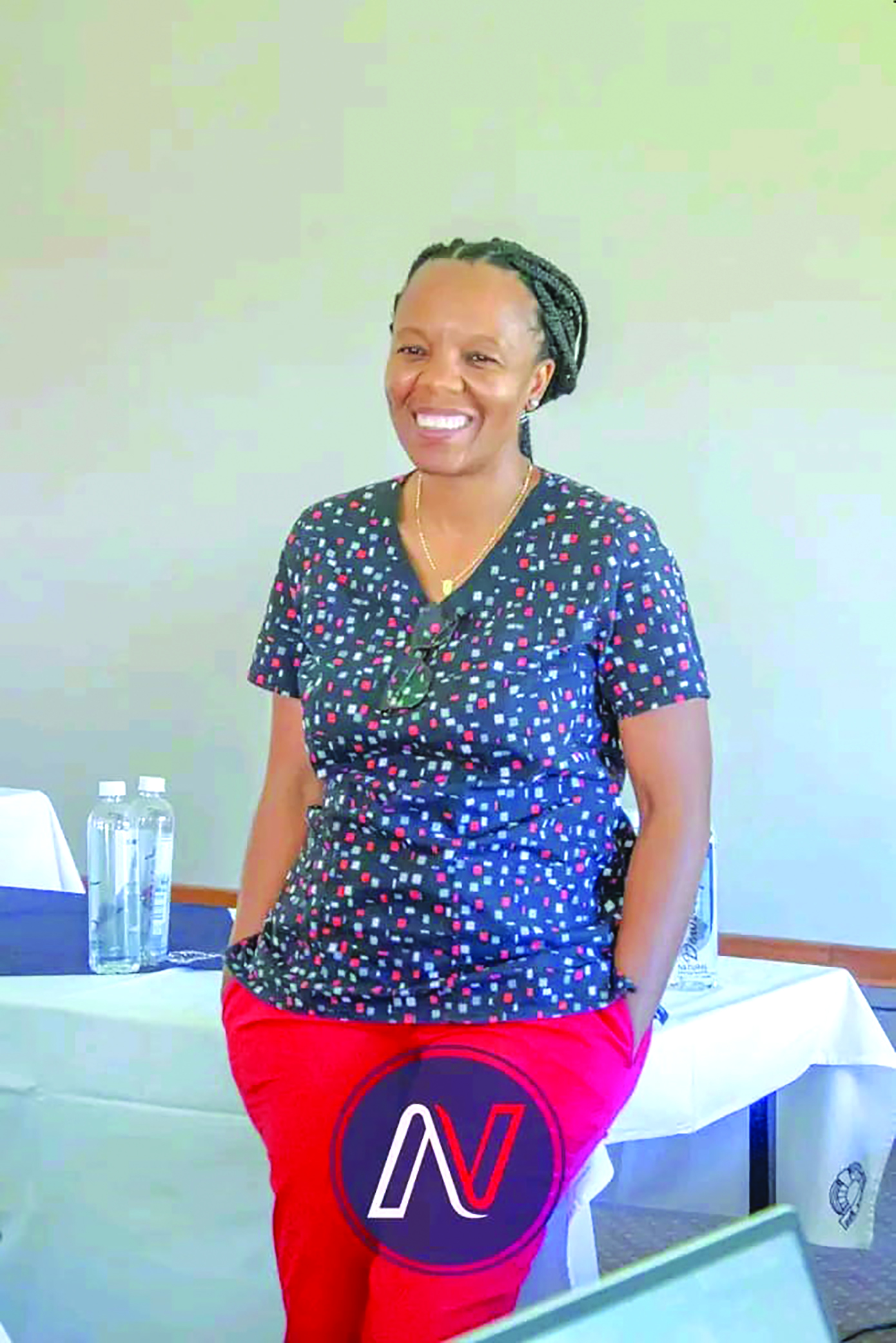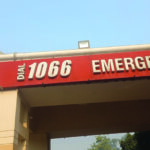Food insecurity poses a significant challenge for cancer patients in Lesotho, hindering their recovery and overall well-being.
This critical issue was highlighted by Thato Taunyane Motsamai, an Oncology Nutritionist at Senkatana Oncology Clinic, who revealed that many patients, particularly those from remote, high-poverty areas, struggle to access adequate and nutritious meals.
Motsamai emphasised that proper nutrition, rich in vegetables and plant-based protein, is crucial for cancer patients’ healing processes.
However, the reality on the ground is stark.
“When we assess the food security of our patients, most of the time it is discovered that they struggle to get even one meal per day. Or some of them, even if they have the meal, it is food that is not recommended or does not have the required nutrients,” Motsamai stated.
She indicated that patients often expressed their understanding of the dietary recommendations but were then forced to admit the difficulty of obtaining their next meal.
This creates a heartbreaking paradox where knowledge of healthy eating clashes with the harsh realities of poverty.
Seithati Lekhotla, another nutritionist, underscored the universal importance of good nutrition, especially for cancer patients whose immune systems are weakened by the disease.
Effective medication and a robust recovery are heavily reliant on proper nourishment.
“Cancer patients are advised about the kind of food they have to eat at that time, based on the kind of treatment they will be taking,” Lekhotla added, emphasising the tailored nutritional needs.
In response to this pressing issue, the Nutrition Corner at Senkatana Oncology Clinic has taken proactive steps.
They are actively seeking assistance from various organisations and conducting awareness campaigns to educate the public on the role of nutrition in cancer prevention and recovery.
While significant progress is still needed, the clinic has secured a promising sponsorship from a local business that will provide bread to patients awaiting services and those in lodging.
Furthermore, they have received agricultural inputs and plan to utilise existing land to cultivate vegetables and grains.
This produce will not only be sold to sustain the project and purchase more inputs, but will also be used for demonstrations on food preparation and preservation.
Crucially, a portion of the harvest will be provided directly to food-insecure patients after assessment.
Summary
- Or some of them, even if they have the meal, it is food that is not recommended or does not have the required nutrients,” Motsamai stated.
- “Cancer patients are advised about the kind of food they have to eat at that time, based on the kind of treatment they will be taking,” Lekhotla added, emphasising the tailored nutritional needs.
- While significant progress is still needed, the clinic has secured a promising sponsorship from a local business that will provide bread to patients awaiting services and those in lodging.

Ntsoaki Motaung is an award-winning health journalist from Lesotho, specializing in community health stories with a focus on sexual and reproductive health and rights, as well as HIV. She has contributed to platforms like “Be in the KNOW,” highlighting issues such as the exclusion of people with disabilities from HIV prevention efforts in Lesotho.
In addition to her journalism, Ntsoaki serves as the Country Coordinator for the Regional Media Action Plan Support Network (REMAPSEN). She is also a 2023 CPHIA Journalism Fellow.









